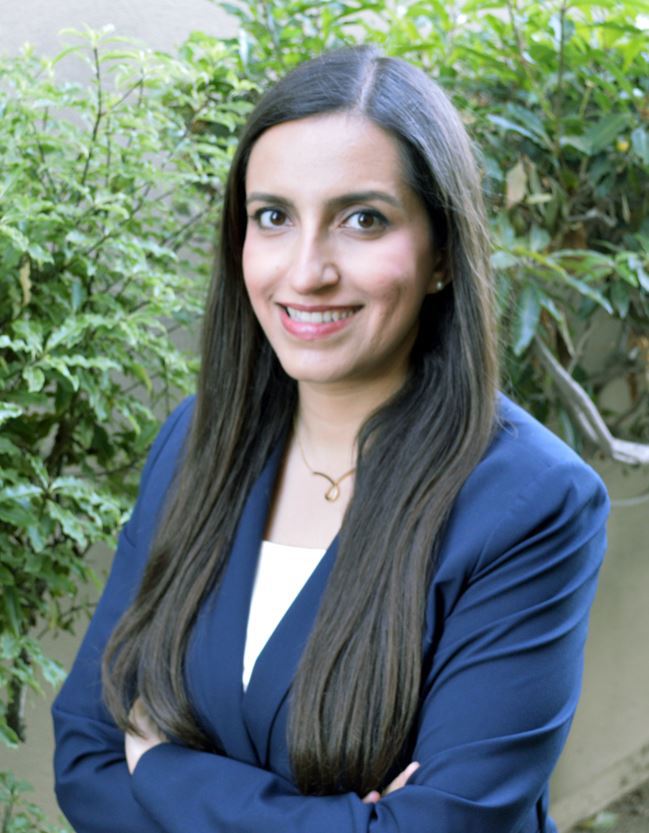Computer scientist confronts worldwide challenge of online security and privacy
A University of Texas at Arlington computer security researcher has received a prestigious federal grant to determine what technologies and methods work best to attain and retain online security and privacy.

Shirin Nilizadeh, assistant professor in the Department of Computer Science and Engineering, received a $200,000 National Science Foundation grant to study social media discussions and better understand what concerns are about online security and privacy, what technologies and tools they suggest to each other to use and whether they are effective. Nilizadeh called this a “worldwide challenge.”
“People care about their online security and privacy everywhere,” she said. “And sometimes, due to societal and political movements, they become more cautious or aware of the problems, where they go online and on social media, and proactively discuss their concerns and ask for tools and methods that can help protect them.
“We can help as a research community to see what’s working and what isn’t. We can take these research findings to design and develop better online safeguards and to improve the existing security and privacy-preserving systems if they are not secure, effective and efficient.”
Hong Jiang, chair of the Department of Computer Science and Engineering, said Nilizadeh’s research could further the security of social network tools.
“Everyone is connected to social networks,” Jiang said. “Studying social networks’ discussions and understanding what security measures people are looking for and using allow researchers to develop and provide such measures to improve online security and privacy.”
Previous Nilizadeh work showed that social media users extensively discussed the security and privacy threats of video communication tools more people started working from home due to the COVID-19 pandemic. This work showed how misinformation about security and privacy spread on social media platforms.
Nilizadeh previously did work on how job applicants can “hack” hiring systems and improve their standing by using certain words on their applications. She also has studied whether security and privacy applications like content moderation tools are fair toward users from various demographics and backgrounds.